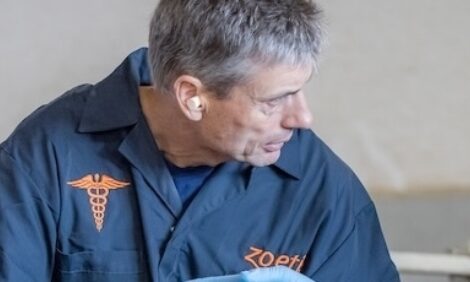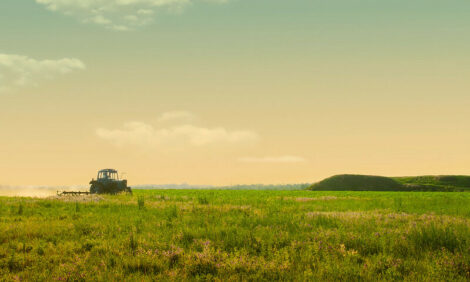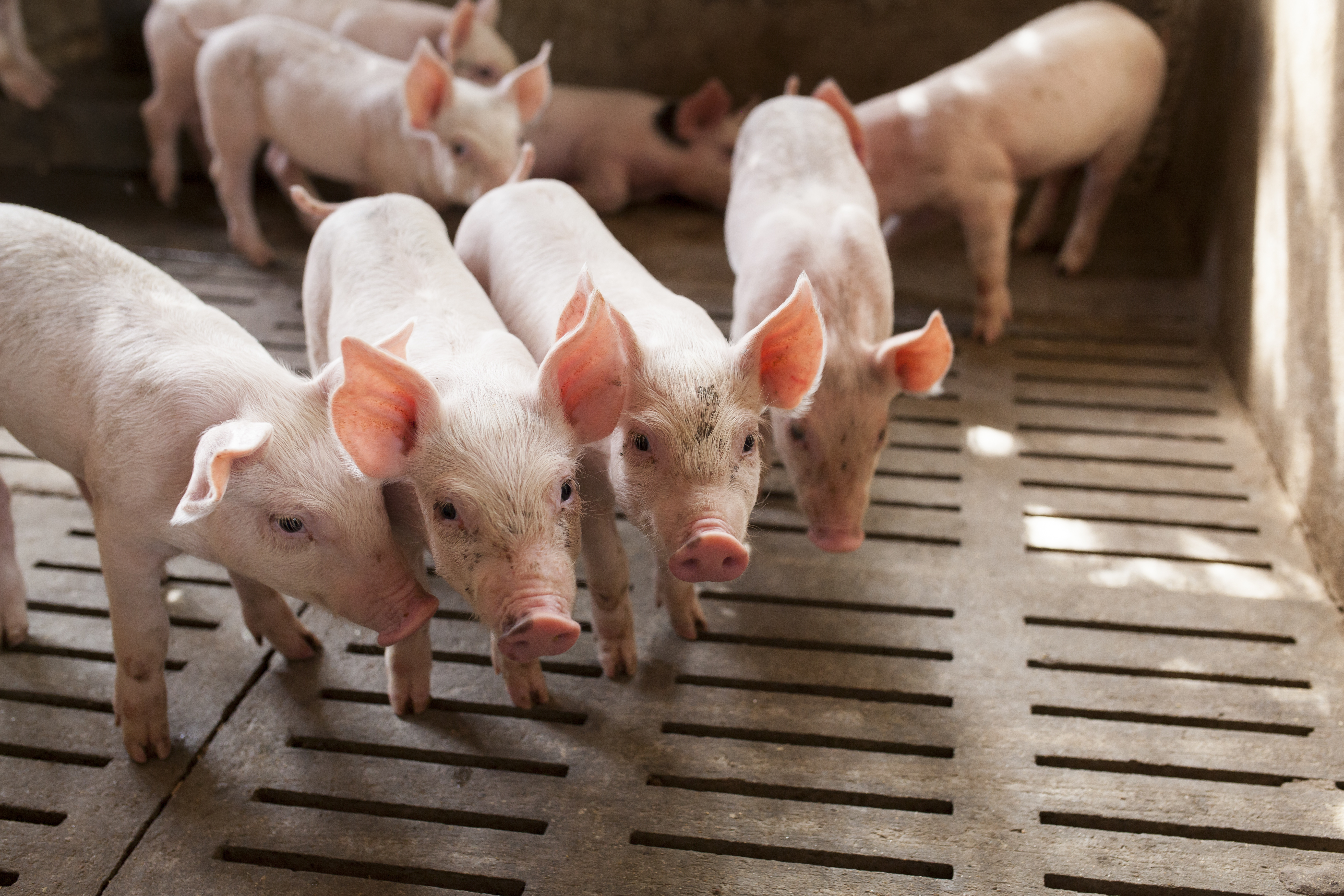



EuroTier 2021: What’s on the horizon for the global pig industry?
Robert Hoste said the future of global pig farming looks bright. Farmers can increase production outputs by 50% before 2050 if they can stay ahead of two things
Speaking at the 2021 EuroTier Digital Conference, Robert Hoste, pig production economist from Wageningen University, explained that the global pig industry is poised for a bright future. In his role with Wageningen Economic Research, he explores the factors that underpin trends in global pig production. In his keynote presentation, “Pig farming of the future”, he said that despite upsets from ongoing outbreaks of African swine fever (ASF) in Asia, global pig meat production could increase from 120 million metric tonnes (MMT) to 180 MMT by 2050. But the increase in output cannot happen in a business-as-usual scenario.
Hoste told delegates the swine sector has room to become more efficient – and this efficiency is key in achieving growth. The pig industry’s production outcomes vary widely between countries. Factors like production management, feed quality, swine health protocols and genetic stock all weigh on efficiency. By optimising these production factors, global carcase yields can increase sustainably, and pig producers can meet the protein needs of a growing global population.
How can we achieve these production outputs?
Hoste explained that the pig industry will have to focus on the four broad themes to reach the 180 MMT output goal. He called the themes the Four Ps: people, pig, planet and profit.
People
For industrialised economies, agriculture is facing a skills gap and a widespread labour shortage. In the pig industry specifically, it can be difficult for producers to hire employees who do more than clean and go through the motions. Labourers and farm managers need to record and react to pigs’ behaviour – this expertise will be key in improving production outcomes.
Hoste also told delegates that labour shortages in the sector are spurring farmers to automate tasks and embrace smart farming. Though adopting new technologies can increase efficiency, Hoste warns that smart devices can’t make up for poor management practices or shoddy labour.
“Smart farming is only good for smart farmers,” he says. Producers need to master the basics of production before they can successfully automate.
People also play an instrumental role as consumers. The pig sector needs to take greater control of its supply chains and take steps to ensure food safety. Hoste stressed that global consumers needed to trust the swine industry. Food safety scares or animal welfare scandals could make shoppers opt for other protein sources – damaging its long-term prospects.
Pig
Though it seems obvious, managing pigs at the farm level will be crucial for the industry’s expansion. Hoste said producers need to safeguard the health and welfare of individual pigs and ensure that farm sites remain biosecure. Research has demonstrated that when farm managers are able to keep their pigs healthy and meet their behavioural needs, overall farm outcomes improve. This shouldn’t be overlooked.
For biosecurity, Hoste stressed that farm employees need to carefully manage human behaviour at farm sites. Maintaining a closed environment for the pigs will prevent workers from introducing outside pathogens and will keep disease outbreaks at bay. However, installing showers and footbaths isn’t enough: disinfection facilities only work when they’re used properly. Taking a lax approach to biosecurity could easily undo any progress made in other production areas and put the pigs at risk.
Planet
Pig producers need to work to reduce their environmental footprint. Hoste told delegates many consumers are opting for chicken instead of pork because of environmental messaging. Reducing carbon and ammonia emissions and restoring depleted soils will help the industry compete with poultry. Environmental stewardship makes good business sense.
Hoste’s research suggests that optimising pig nutrition and feed could give producers an edge and reduce their environmental burden. Farmers should consider other protein sources as feed – like insects or (if it’s properly processed) leftover food. This will reduce food losses and make the industry more sustainable.
Profit
Profit is a precondition for success. The swine industry cannot survive if the farms and businesses underpinning it are unprofitable. However, pig producers have had to contend with fluctuating prices for finished pork and feed. The wider industry has also struggled to manage risks from economic shocks and animal disease. Border closures and import bans due to African swine fever have upended national pig industries. It will be difficult for many producers to stay in the industry if these risks aren’t managed properly.
For Hoste, the key question is if pig producers should focus on lowering costs or adding value to the finished product. For example, getting the best feed conversion ratio and installing automated feeders could reduce labour and input costs. For adding value, producers could identify when consumers are willing to spend more for pork. This is when marketing around taste or verifying pig welfare could give producers an edge. Producers should ask themselves what they would like to pursue before they start the farming cycle.
One key element of the profitability question is supply chain management. It is rare that individual farmers can feed and raise piglets from birth, process them, transport them and sell the finished product on the global market. For Hoste, vertically integrating the swine industry is promising – large global players like the United States, China, Brazil and Mexico have embraced this model and have been able to stay in the black. However, he warns that vertical integration will only be successful if the other three “P’s” have been achieved.
As global wealth increases, people will want to spend more money on meat. Efficiently and sustainably increasing pig production will help meet this need and could ensure the industry’ success, he concluded.









